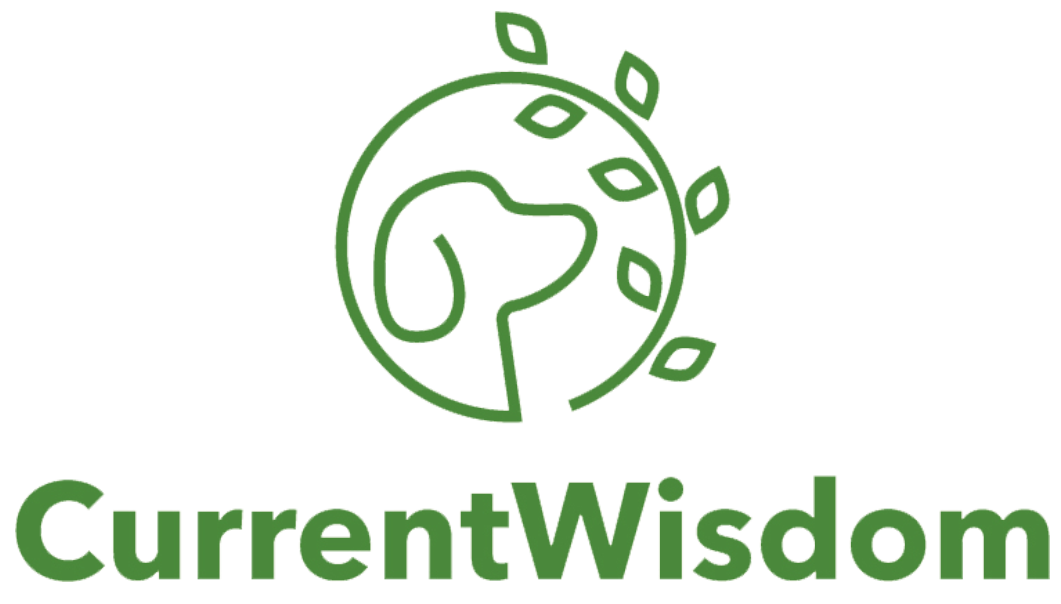I See Color
A lot of blood and ink have been spilled around the events at (and following) Charlottesville.
Rightly so, there has been a mass condemnation of racism and bigotry. Wrongly, there is a spattering — perhaps more than a spattering — of people stepping up in support of … statues.
I grew up in San Jose, lived in Washington DC and other places around the country where non-Hispanic whites are often the minority. In fact, in Silicon Valley minorities outnumber non-Hispanic whites 2–1.
One of my favorite stories of my father is about his coworker, Charlie Channel, a former radio DJ (and boy, did his voice double down on that), who I didn’t know was black until I met him 3 years after he and my father worked together. While it’s a bit of a platitude, my family truly never uses race as an adjective. Ok, my grandparents were racist as fuck. But, well, yeah, whose weren’t?
When I attended UC Davis, there were 700 black students in a sea of 25,000. When my roommate and friends explored pledging fraternities, I followed exploring both the white and historically black fraternities. I ended up not pledging any, but that was mostly because my introversion freaked me out.
I can continue to display my “woke” credentials, but that was not what I came here to say.
I see color.
Growing up watching Sesame Street and Romper Room and all the children shows from the 70s and 80s taught me that we were all the same inside.
[embed]https://youtu.be/_26FOHoaC78[/embed]
Except when I hung out with my Indian friends I ate different food. Their parents spoke to them differently. What mattered wasn’t the same.
My Latino friends would get so mad at things, or laugh at things that I just didnt understand.
It became clear to me that while I was not supposed to define someone by their color, they often defined themselves by that very same color.
When I would say “I don’t see color,” it was always met with incredulous looks. “You see color,” I would be told, “you just don’t care about it.”
Well, that’s true. I don’t much like people. I don’t care about how people defined me, so why should I care how people chose to define themselves?
But, as I got older, I started to realize that it did matter how people viewed themselves. It wasn’t up to them to explain to me their culture, but rather up to me to understand it. So I learned.
I read everything from Eldridge Cleaver to Russell Means. I became radicalized. I hated the world for being so awful to each other. I stopped hanging out with white people, after all there is not a single race that has been more awful to others. “No color = no culture” I would argue.
And then I dove into what it meant to be a Jew. My color was…weird. Most people weren’t sure what I was. Hawaiian? Latino? White? None of the above? I never really cared.
Having grandparents who had experienced the horrors of World War II gave me all the stories of the evil of the Nazis. So I read books like Tough Jews and Treblinka.
If color mattered, I wanted to know why. I saw speeches by Louis Farrakhan and other similar thinkers.
In college, as my friends started wearing dashikis, I started being a “super Jew.” I went kosher. I kept the holidays. I was a Zionist.
It didn’t stop in college, over the years, I have spent time understanding, learning and exploring issues of race and ethnicity. Through it all, I learned that I really don’t know shit. That no matter how much I learn, I will never have the experience of being hunted and shot for wearing a hoodie and eating M&Ms.
I see color. I see color because it’s the right thing to do. I see color because it is imperative to understand that our histories, individual and collective, drive our experiences, thoughts and dreams.
I see color in the music I listen to, the books I read, the anger and frustration in friends and family.
I see color because respecting and honoring the histories of the diaspora allows us to understand the present and shape the future.
I see color, because I see you and value you bring by being differently the same as me.
[embed]https://youtu.be/-MkRuV0aCcI[/embed]
